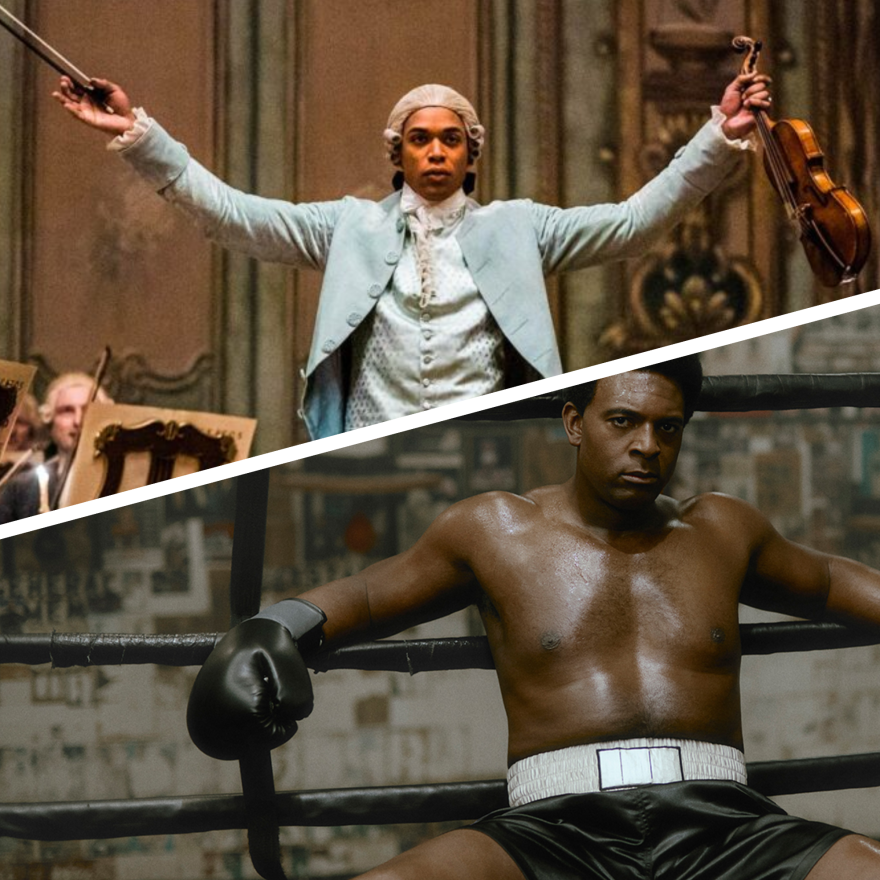
The COVID pandemic changed so much about how we live, interact with others, work, the things we value, the way we eat, and the way we consume the arts and news. Studies indicate that America is facing an "epidemic of loneliness" and people searching for belonging.
But for some Americans, the watching and listening-at-home habit has become tiresome, and the need for belonging and connection is driving people back into theaters and concert halls.
Pair that with the emphasis ensembles and venues have placed upon making the in-person experience something not to be missed, as well as open and accessible to all, and in the past couple of years surveys indicated a measurable rise in the popularity of classical music. In fact, during the pandemic, listening to classical music flourished, as people were seeking comfort, beauty and something of lasting value.
And the audience for classical music is getting younger and more diverse. Classical music is even rising among content creators on social media. 36-year-old conductor Elim Chan said in a recent New York Times article that "she likes it when audience members audibly react." Unlike a piece of art that hangs on a gallery wall, we should remember the excitement we had as children when classical music was used in Fantasia or Bugs Bunny. It is even becoming more acceptable for audiences to clap between movements of larger works.
Then there is impact of Hollywood. In the golden era of Hollywood, filmmakers put their biggest stars into "passionate tales about classical musicians." Today we see films like Chevalier starring Kelvin Harrison Jr.; Tár starring Cate Blanchett, and the upcoming film Maestro with Bradley Cooper starring as Leonard Bernstein.
Even opera plays a role. Peter Gelb, GM of the Metropolitan Opera reports that the average age of the audience used to be in the 60s; now it's in the 40's. New operas by living composers like Terence Blanchard's Fire Shut Up in My Bones and Champion, based on the life of Emile Griffith, a bisexual boxer, are drawing newer, more diverse audiences as well, as they tackle social issues that a relevant in people's lives.
A recent research study called "Taking Another Listen" which looked at the relationship people have with classical music through the lens of race and ethnicity, showed that people of all races and ethnicities listen to classical music a relatively similar rates. About a quarter to a third of each ethnic group (Black, White, Indigenous, Latinx/Hispanic and Asian) listen to classical music at least once a week or more. And most people of all ethnicities have positive perceptions of classical music, even if they don't listen to it.
The report also attributes a significant impact of YouTube, Spotify, and other streaming apps to younger people connecting with classical music - at least being willing to give it a try.

